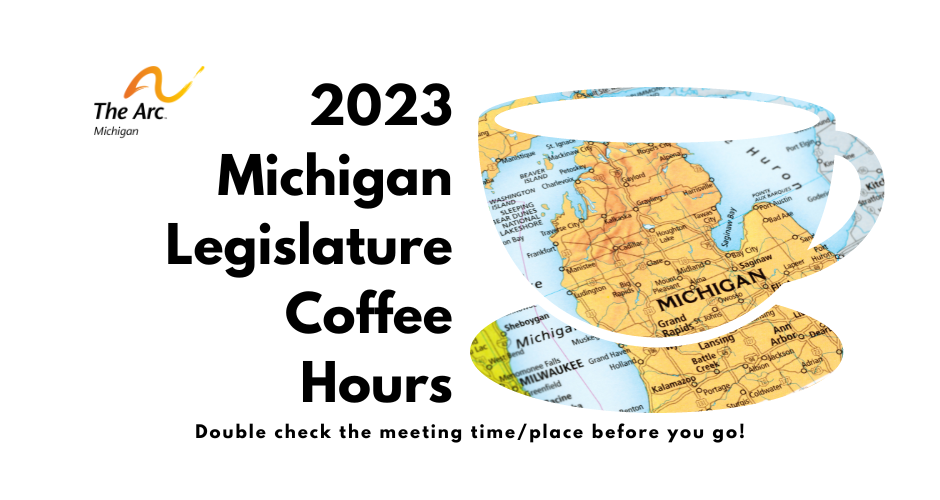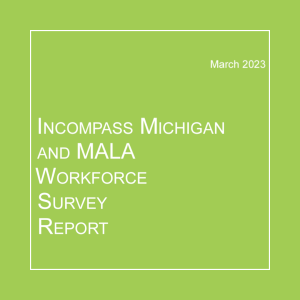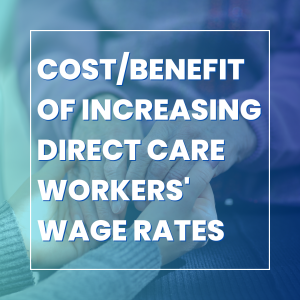The Arc Michigan facilitates the Direct Care Worker Wage Coalition consisting of a dozen state-wide disability rights organizations and disability services providers with a focus on increasing the wages of direct care workers (DCWs) in Michigan’s behavioral health system. DCWs are essential to keeping our behavioral health system functioning and ensuring thousands of individuals in our state who require direct care supports live a life with dignity and respect.
Through various media campaigns, committee hearings, and individual legislative meetings, this coalition works diligently to educate and inform our Michigan policy makers about the importance of increasing state funding to supplement the low Medicaid reimbursement rate, which is the source of direct care worker compensation within the public behavioral health care system. The crisis is ongoing and so are the efforts of this coalition to ensure we have an adequately compensated and stable workforce that will keep our behavioral health system from collapsing.
|
















